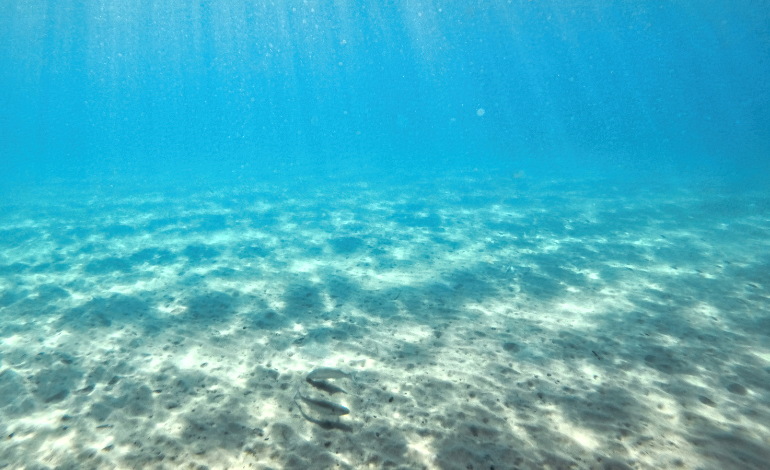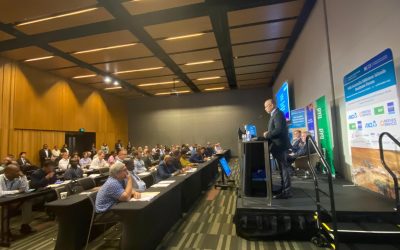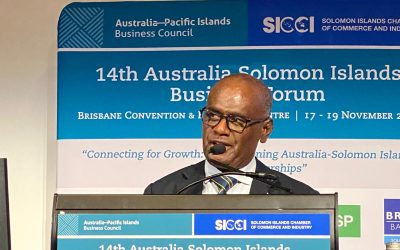A flurry of announcements in August 2025 has reshaped the Pacific’s deep-sea mining landscape, with governments and partners signalling different pathways from exploration to possible extraction.
In the Cook Islands, officials said they are considering extending exploration licences as the country nears the end of its five-year exploration phase. The Seabed Minerals Authority told RNZ that more time is needed to complete baseline science and assess environmental impacts before any decision on commercial activity. Pacific Business Review reported the government is “three-and-a-half years” into the programme and that licence-holders argue the approvals pipeline would otherwise run beyond current expiry dates. Environmental groups reiterated concerns about ecosystem risks.
Tonga, meanwhile, updated its sponsorship agreement with The Metals Company’s subsidiary, Tonga Offshore Mining Ltd (TOML), on 4 August in New York. The revised pact refreshes terms first set in 2021 and is intended to preserve Tonga’s future economic benefits and capacity-building should commercial production proceed in the Clarion-Clipperton Zone. Matangi Tonga confirmed the signing, while TMC’s investor release framed the move as a response to continuing delays at the International Seabed Authority in finalising exploitation rules.
A third development came when the United States and the Cook Islands announced a new seabed minerals cooperation. Marking the Cook Islands’ 60th anniversary of self-government on 4 August, the joint statement committed the two governments to collaborate on scientific research and “responsible development” of seabed resources. Analysts at CSIS said the agreement reflects a wider strategic contest over critical minerals supply chains and follows a U.S. executive order to accelerate offshore critical minerals activity. Pacific Business Review also highlighted the announcement’s timing and its potential to channel U.S. technical capability into Cook Islands waters.
Taken together, the August headlines point to divergent but accelerating trajectories in the region. The Cook Islands is doubling down on a science-first path that could prolong exploration prior to any harvesting decision, while courting external partners. Tonga is maintaining optionality through legal alignment with a prospective operator as the global rulebook remains in flux. Notably, media coverage in August attributed the exploration-licence extension discussion to the Cook Islands, not Tuvalu; Tuvalu has in recent years aligned with calls for a precautionary pause.
For investors and development partners, the commercial hinge remains unchanged: bankability will turn on clear rules, credible monitoring and community consent, as much as on ore grades or vessel availability. The next milestones are regulatory, both domestic and at the ISA, and whether bilateral science compacts translate into transparent environmental baselines and financeable project designs.



